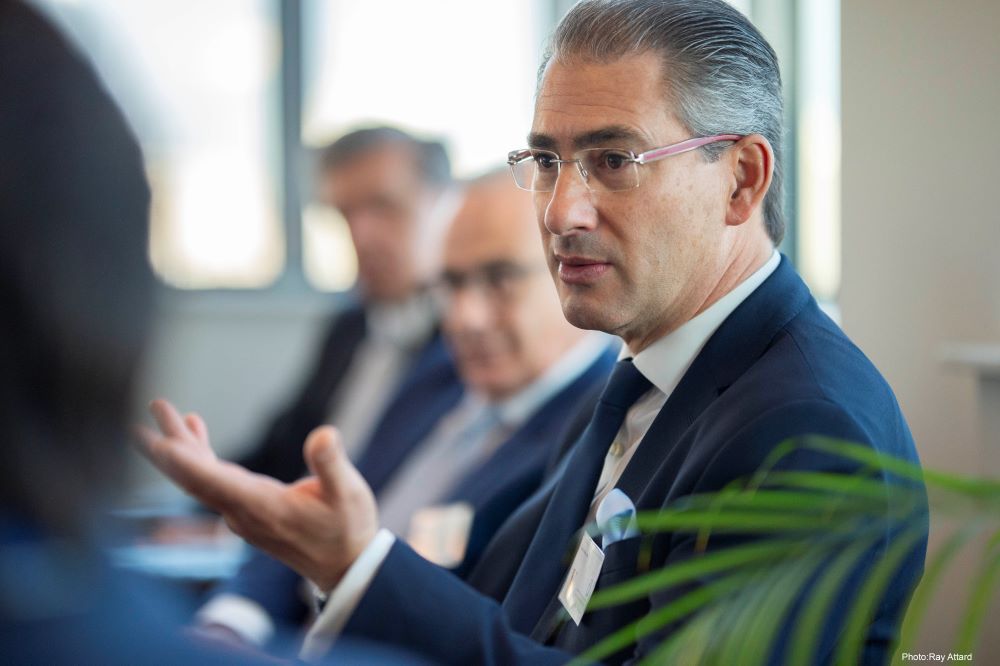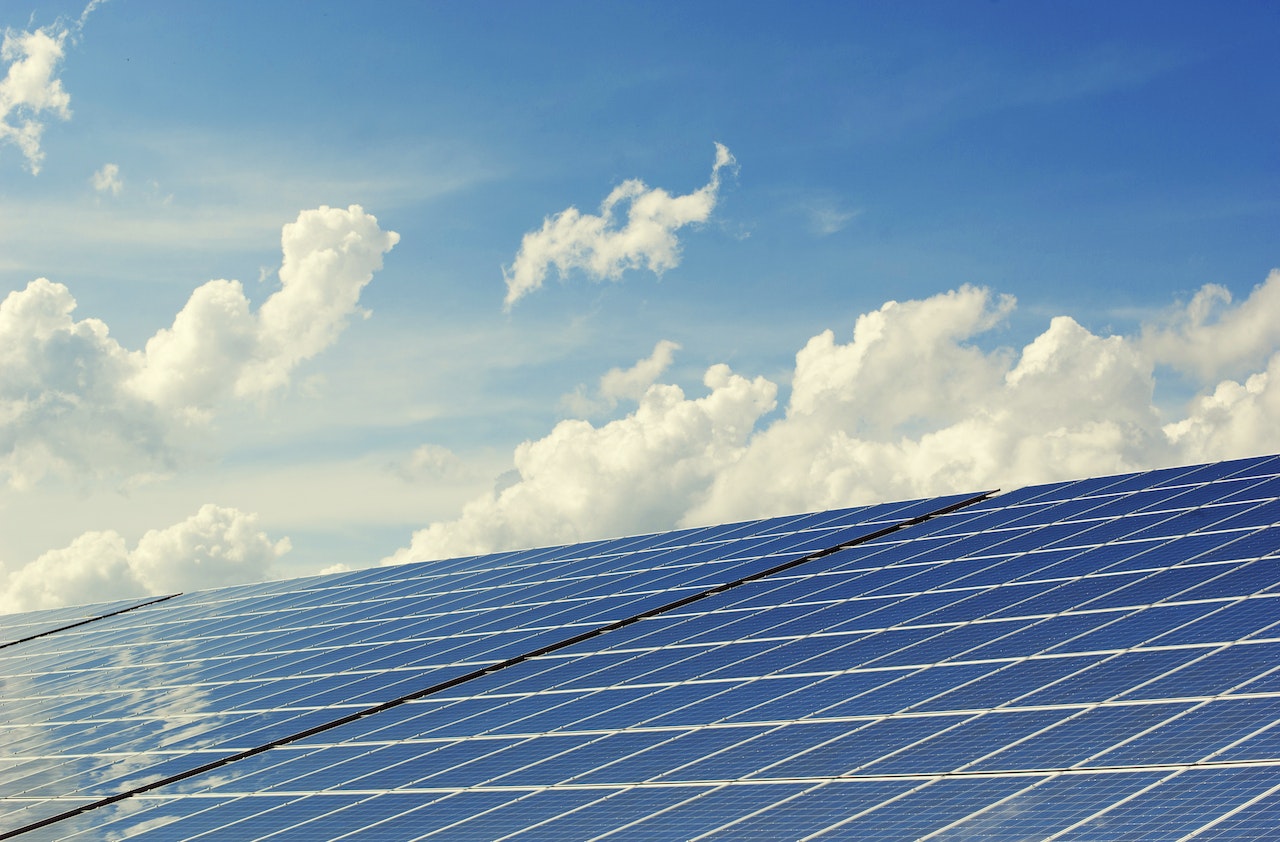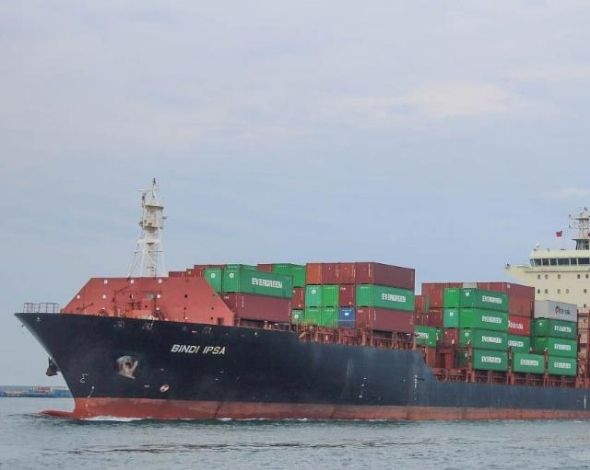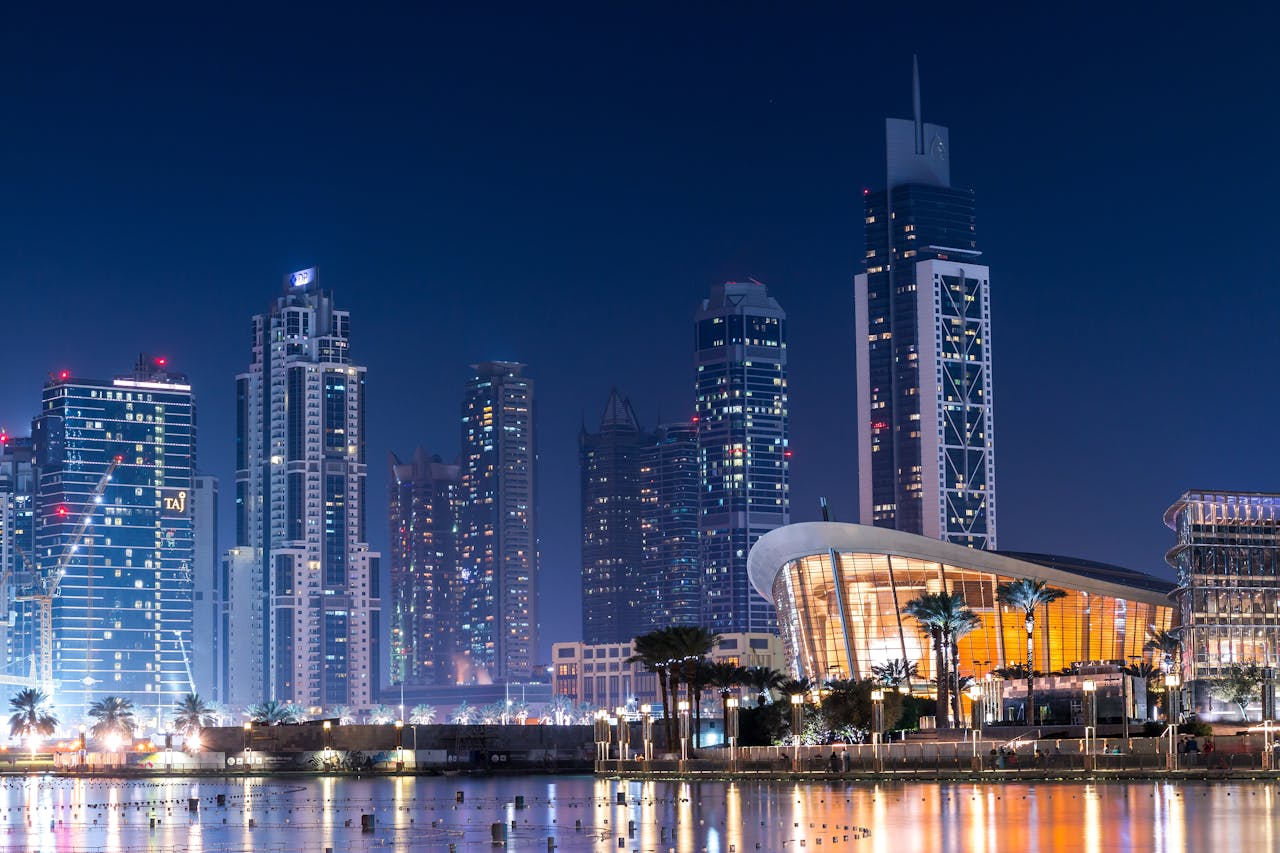In today’s column, David Xuereb looks at the what, why and how of decarbonisation.
David Xuereb is at the forefront of the accelerating shift towards an ethics-based approach to business. An architect by profession, he is specialised in structural engineering, and more recently, zero-carbon economics.
He now leverages his previous experience as long-time CEO of the leading engineering and construction management company QP as a mentor and advisor to enterprises committed to changing for the better, as well as championing the Malta ESG Alliance. He is also a former president of the Malta Chamber of Commerce, Enterprise and Industry.

He explains:
Decarbonisation refers to the process of reducing greenhouse gasses (GHG) in the atmosphere. In particular, carbon dioxide (CO2) emissions resulting from human activity.
In December 2015, the historic Paris Agreement was adopted by consensus by all members of the United Nations Framework Convention on Climate Change (UNFCCC). According to the World Economic Forum (WEF) and the International Panel for Climate Change (IPCC), full decarbonisation of energy systems and human action is the only solution to achieve climate stabilisation.
To date, 197 countries have agreed to gradually reduce the use of fossil fuels and carbon dioxide emissions to reach net carbon neutrality by 2050 and keep global warming below two degrees Celsius.
Unfortunately, the Climate Action Tracker released in May 2021 reveals that current global pledges are insufficient. To most people, carbon is mainly an issue of cars and electricity.
The good news is that we already have ways to decarbonise these type of emissions (solar, wind, nuclear power and lithium ion batteries).
The bad news is that these add up to only about one third of the total.
The other two-thirds are related to products like cement, plastic and steel. To zero out emissions from these products we need innovation and new technologies which are yet to be developed or commercialised.
Clean hydrogen has so many potential uses that it is widely considered to provide the true decarbonisation solution that this planet deserves.
Meanwhile, responsible business leaders are measuring their carbon footprint on an annual basis, and have devised decarbonisation strategies and investments that allow them to de-risk their business and benefit from first mover advantage.
An Expert Explains is a BusinessNow.mt initiative to improve economic financial literacy by inviting industry leaders to explain technical terms in a manner that can be understood by a general audience. If you would like to suggest a term or concept for our network of professionals to break down, or if you are an expert willing to contribute to this column, send us a message on our Facebook Page.
The Remarkable Collective welcomes Joseph Bonanno
Strengthening strategy and compliance with seasoned leadership
Malta-flagged ship hit by missile in Strait of Hormuz en route to Saudi Arabia
The Safeen Prestige was hit by a missile off the coast of Oman
Dubai airport’s 48-hour shutdown could have cost up to $1 million per minute
The airport is one of the world’s busiest aviation hubs






